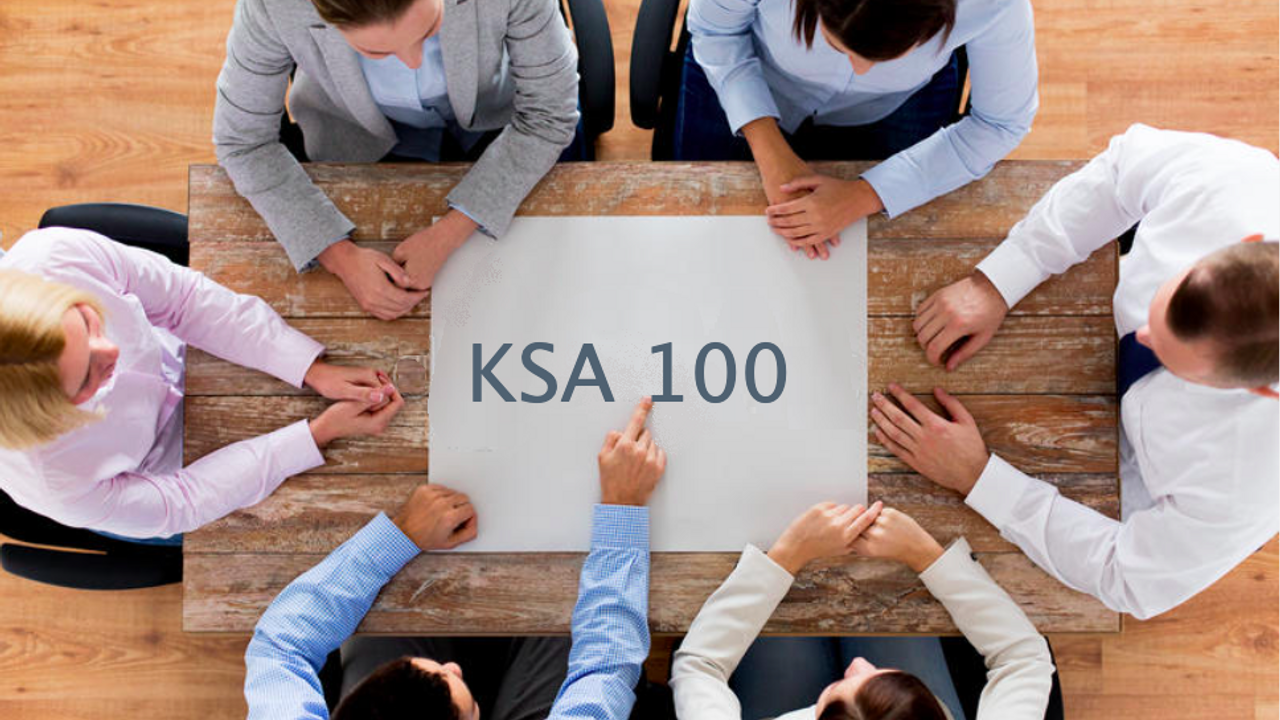KSA100-what should be the right way to implement this mandatory training part?

By now most of the EASA flight schools providing ATPL(A) theory part of the course have implemented it in their training programs. But are they doing it right?
When I first started to study EASA guidelines about the new concept of KSA100 I was excited but also a bit confused.
"Knowledge, skills and attitude" is a combination of elements aviation specialists should be already familiar with - in the pilot training and pilot assessments. With different names and forms, this concept was visible earlier in the modern approach in aviation. That was the element of excitement - finally we can add such a crucial part to the training, assess students, provide them with important feedback, prepare for coming jobs and increase the safety of flying.
The confusion came with the "Implementation" part of the guidelines. It stated that each flight school can implement KSA100 as they wish, as long as they stick to the rules connected with some bullet points and scoring methods.
It was also stated that verification of standards and training for assessors can be done by HT (Head of Training) of the flight school or CTKI (Chief Theoretical Knowledge Instructor) - which usually are flight school owners or flight instructors - without aviation psychology background.
Wait... so anybody can do anything, as long as fits the general description?
To me- an accredited Aviation Psychologist with years of experience in flight schools, airlines and other aviation-related companies it sounded like a recipe for a disaster. Or at least a great opportunity that will be missed out on.
I wasn't wrong - most of the schools on the wave of Covid-19 and online theoretical classes added KSA100 as part of the online training. Moreover, most of them implemented the KSA100 part as quizzes, questionnaires or online tasks.
One thing that you need to know about KSA100 is the fact that it is based on a practical approach (!). Based on the pilot core competencies which we can really measure only in social interactions. Of course, we can support ourselves with personality tests or questionnaires but to really observe the behaviours and attitudes (so the aim of the KSA100) we need to see how students interact with each other, how they progress, observe the teamwork and team roles.
That is why it should be implemented by somebody with appropriate experience in the field of aviation environment, psychology, sociology, pedagogy. When done right it can be a powerful tool, not only to provide students with the experience and the feedback on what to improve, but also hold back the individuals that might be a danger in the cockpit. Although the number of those students is minimal, it might play the deciding factor and save many lives.
This is the reason why I decided not to go online with KSA100 and do not miss this opportunity. The companies that I cooperate with understand the importance of safety and are not afraid of implementing high standards. During my KSA100 classes students have the chance to not only implement the knowledge into the practice, but also take part in an experience they probably are never going to repeat, get the feedback about their social interactions and their core competencies, and have time during the training to improve those skills and practice even more.
What do you get if you do it right?
I can see students' gratefulness, engagement, self-insight, growth and improvement that can be observed later. During the pilot job selection process- group tasks or interviews. Better social interactions of future pilots, higher empathy, boosted confidence. Last but not least, the satisfaction that my experience and work serve their purpose.


